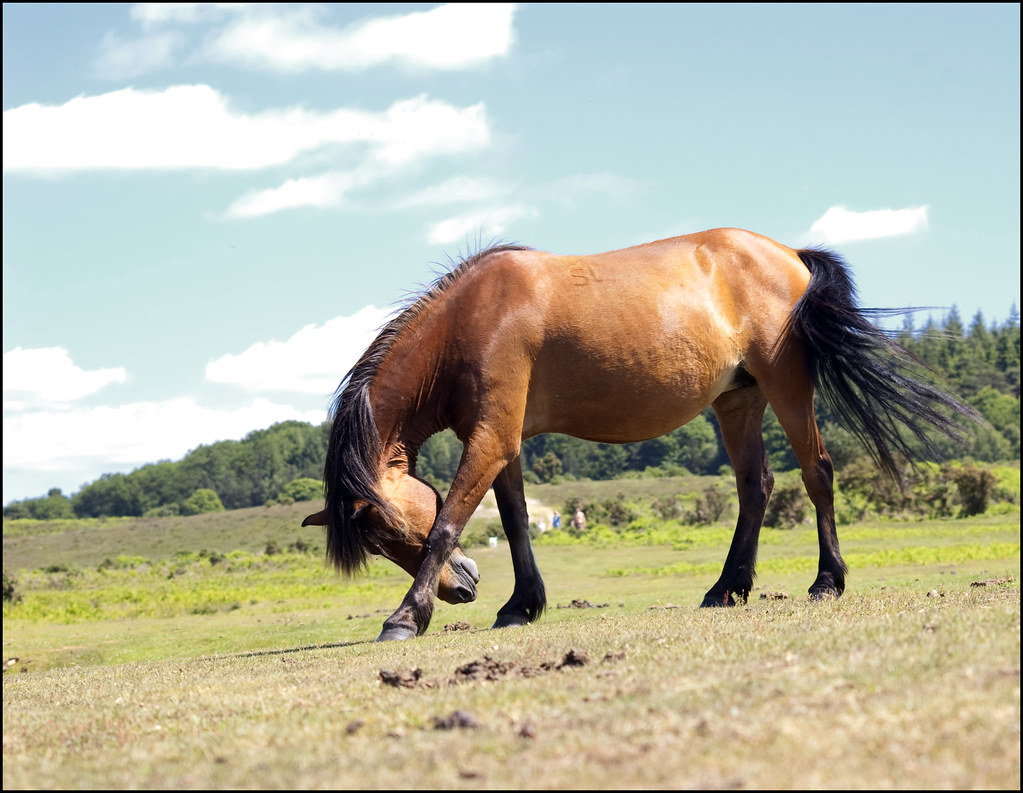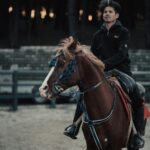In the gentle world of equestrian connection, shy and introverted horses present a unique challenge and opportunity for handlers and trainers. Unlike their more outgoing counterparts, these sensitive souls require specialized approaches that honor their temperament while building their confidence. Timidity in horses isn’t a flaw to be corrected but a personality trait to be understood and accommodated. This article explores effective, compassionate training techniques specifically designed for the quieter members of the equine community—approaches that transform fearfulness into trust and reluctance into willing partnership. Whether you’re working with a naturally reserved youngster or helping a horse overcome past trauma, these methods will guide you toward creating a secure connection that respects your horse’s introverted nature while helping them navigate the human world with greater confidence.
Understanding Equine Introversion vs. Fear-Based Behavior
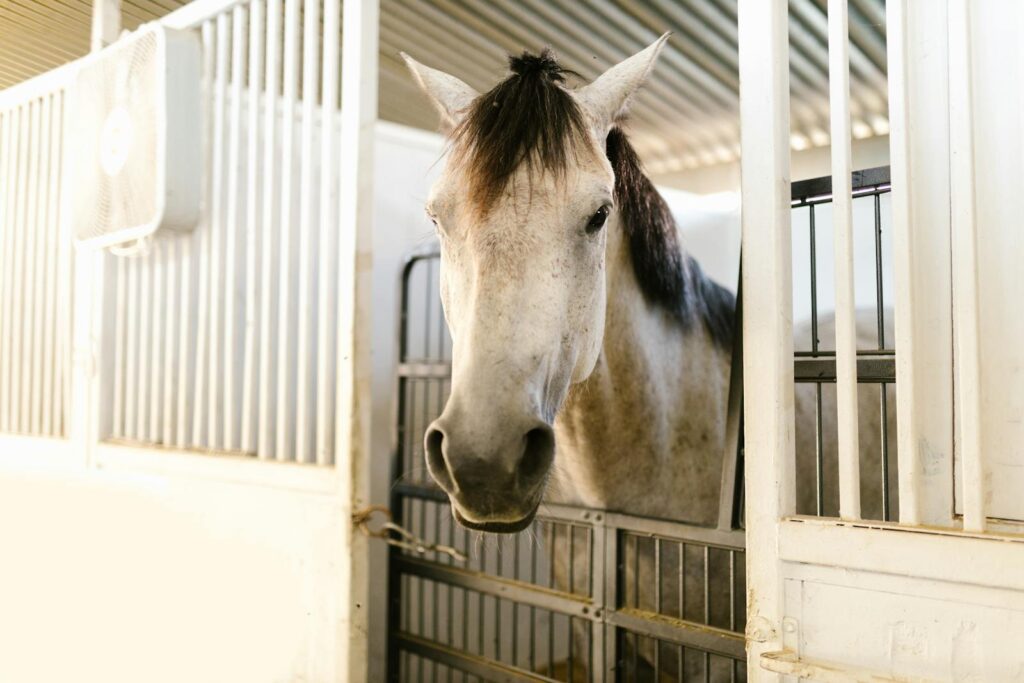
Before implementing any training technique, it’s crucial to distinguish between a horse’s natural introversion and fear-based behaviors stemming from negative experiences. Introverted horses typically present as quiet, thoughtful animals who may take longer to process new information or stimuli, preferring observation before interaction. Fear-based behaviors, in contrast, manifest as more reactive responses—startling, bolting, or freezing when confronted with triggers that remind them of past trauma. The distinction matters because, while introverted horses need gentle encouragement to engage, traumatized horses require systematic desensitization to rebuild trust. A naturally shy horse may simply need more time to warm up to new experiences, while a fearful horse may need a complete reframing of how they perceive certain interactions. Understanding this fundamental difference allows trainers to tailor their approach appropriately and avoid mistaking one condition for the other.
Creating a Consistent Safe Haven
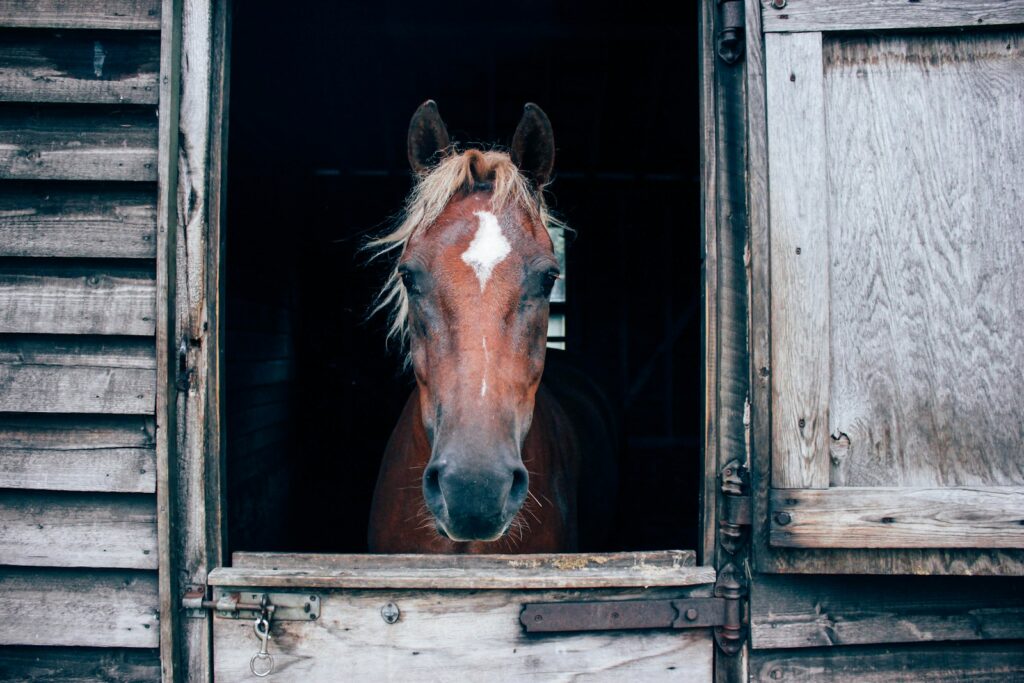
Shy horses thrive on predictability, making consistency the cornerstone of effective training. Establish a reliable daily routine your horse can anticipate—from feeding times to exercise sessions to handling protocols. This predictable environment serves as a psychological safe haven where your introverted equine can build confidence without constant surprises. Even small details matter—use the same grooming sequence, approach from the same direction, and employ consistent verbal cues to reinforce this sense of security. Many handlers underestimate how profoundly routine impacts anxious horses; a change as minor as a different blanket or an unexpected visitor can set back progress significantly. When changes are necessary, introduce them gradually while maintaining as many familiar elements as possible to preserve your horse’s sense of safety and control.
The Power of Advance Notice and Clear Communication
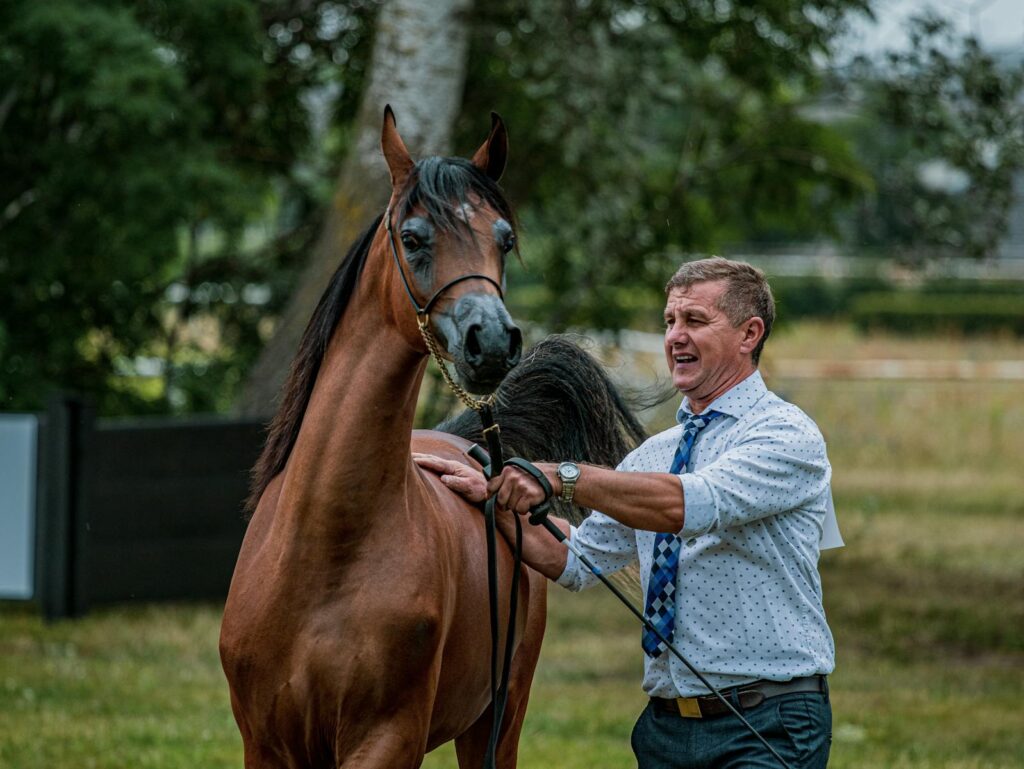
Introverted horses particularly benefit from handlers “telegraphing” their intentions before taking action. This means developing a consistent system of verbal or physical cues that signal what’s about to happen, giving your shy horse precious moments to prepare mentally. For example, always announce yourself before entering the stall, use a specific phrase before touching a new body part, or maintain a consistent approach pattern. These advance notices serve as a form of respect for your horse’s need to process and prepare. Many trainers find that shy horses who initially seemed reactive become quite accommodating once they understand what to expect. The predictability of these signals creates a communication bridge that helps introverted horses translate human behavior into understandable patterns, dramatically reducing their stress over time.
Pressure-Free Groundwork Foundations
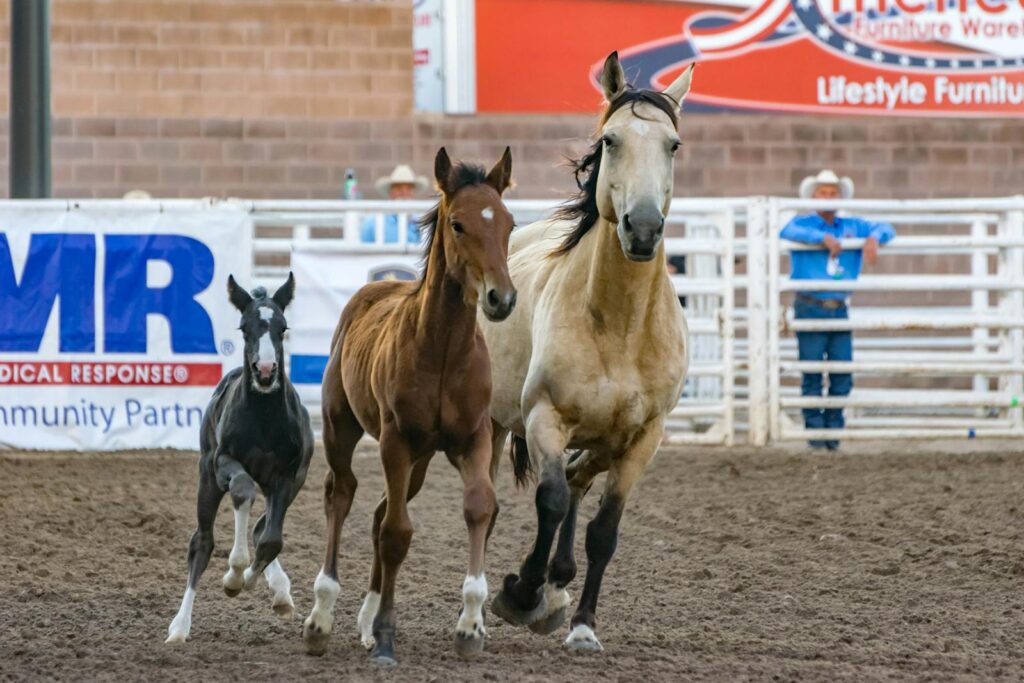
Traditional training methods that rely heavily on pressure and release can overwhelm shy horses, who often interpret even light pressure as threatening. Instead, develop a groundwork system based primarily on invitation and reward rather than pressure and compliance. Begin with exercises that allow the horse to choose engagement—standing quietly nearby until they show curiosity, rewarding any movement toward you, and gradually shaping these voluntary behaviors into more structured interactions. Liberty work, where the horse works without physical attachment to the handler, often provides an excellent foundation by honoring their autonomy. This pressure-free approach requires extraordinary patience from the handler but builds a different quality of relationship—one based on genuine willingness rather than compliance. Many previously “difficult” introverted horses transform dramatically when pressure is removed from the training equation.
Strategic Use of Positive Reinforcement
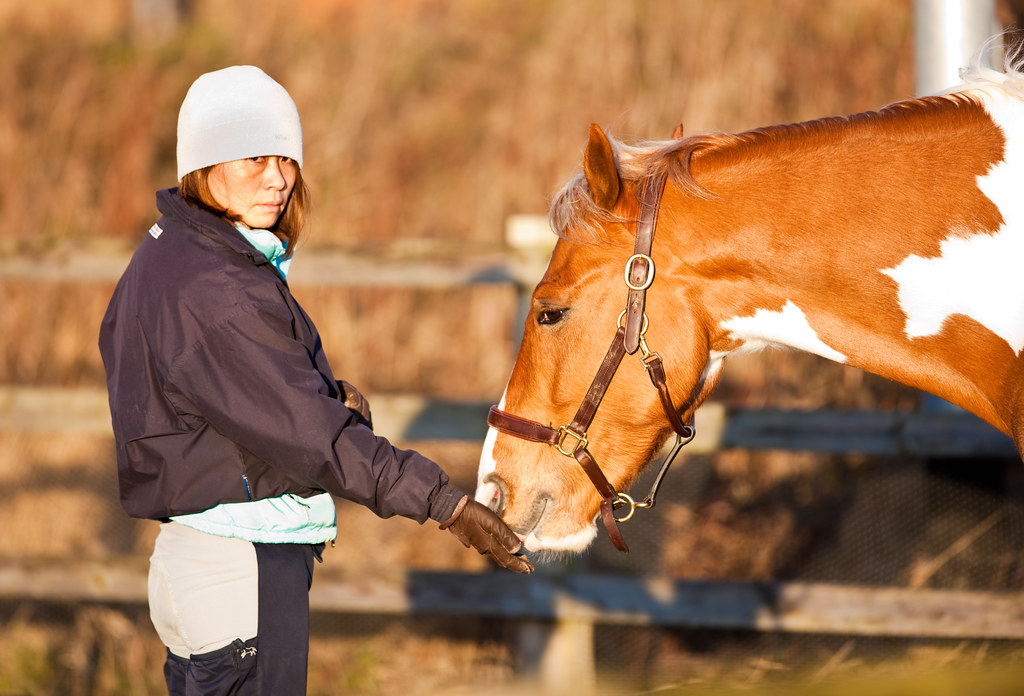
While all horses respond to positive reinforcement, shy and introverted horses often experience particularly profound benefits from reward-based training. Implement a systematic reinforcement program using a combination of food rewards, verbal praise, scratches in favorite spots, and brief rest periods to mark desired behaviors. The key is discovering which rewards your specific horse finds most motivating—some shy horses may find food rewards overwhelming, but deeply appreciate a moment of peaceful stillness after complying with a request. This approach shifts training from potential confrontation to collaborative problem-solving, teaching the horse that interaction with humans leads to consistently positive outcomes. Research shows that dopamine release during positive reinforcement not only improves learning but also creates emotional associations that can gradually override anxious tendencies in introverted equines.
The Role of Equine Companions in Building Confidence
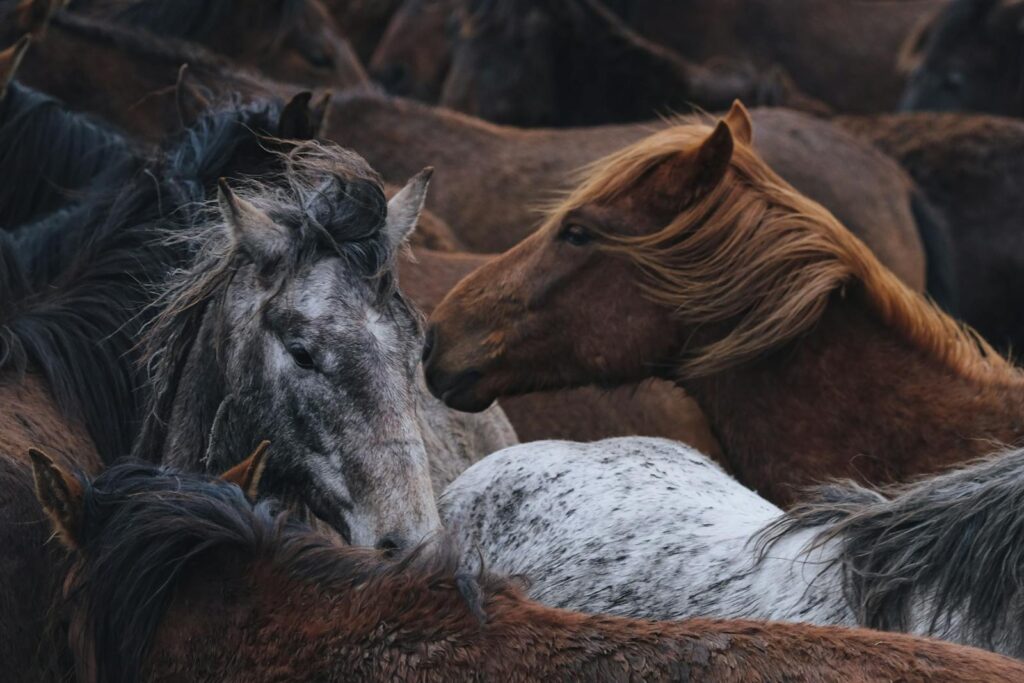
Introverted horses often draw significant security from relationships with confident equine companions. Strategic turnout with well-matched herdmates can offer natural confidence-building that no human intervention can replicate. Observe how your shy horse interacts with different potential companions, looking for relationships that bring out more curious, relaxed behavior without intimidation. Some trainers employ “mentor horses”—calm, experienced equines who accompany nervous horses during new experiences, from trailer loading to encountering novel objects. The presence of a trusted equine friend can dramatically reduce stress hormones, creating a biological state more conducive to learning.
When planning training sessions, consider whether your shy horse might benefit from having a calm companion visible in the early stages, gradually increasing independence as confidence grows.
Incremental Exposure Techniques
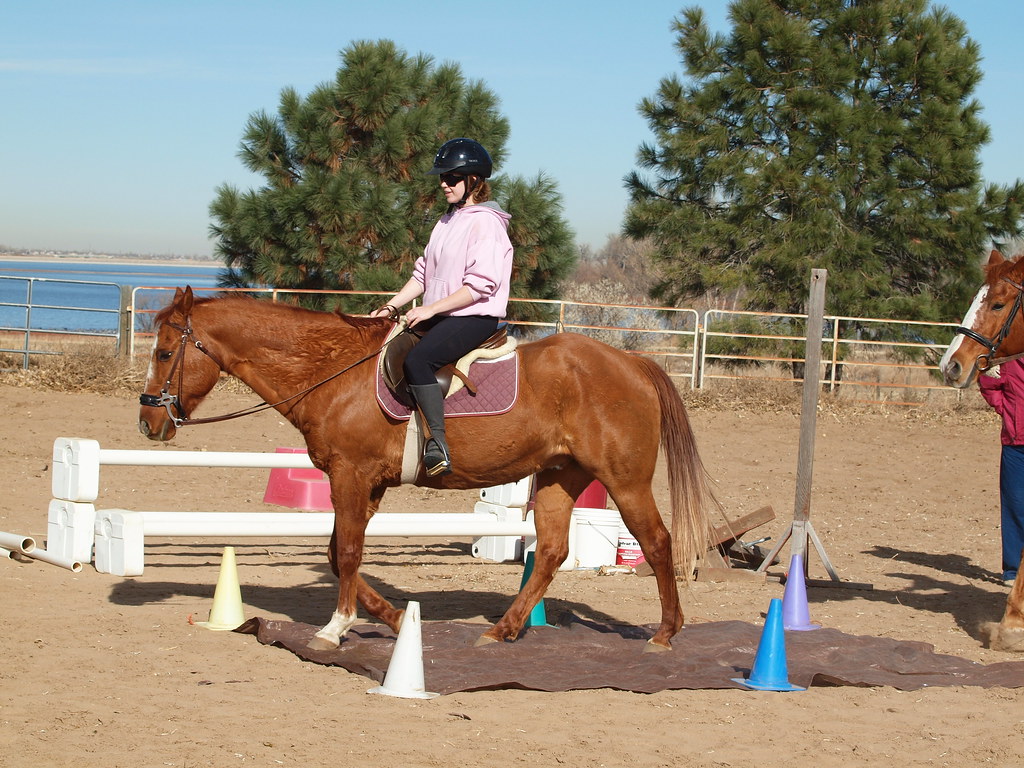
For particularly shy horses, systematic desensitization provides a scientifically sound framework for introducing new experiences. This approach involves breaking down potentially frightening situations into tiny, manageable increments that stay within the horse’s comfort zone. For example, rather than expecting a shy horse to accept a flapping tarp, begin with a small piece of similar material placed at a distance, gradually decreasing the proximity over multiple sessions as the horse shows comfort. The key is to never push the horse into a fear response, which can cause setbacks and damage trust. Successful incremental exposure requires sharp observation to catch subtle signs of tension before they escalate. Many trainers find it helpful to maintain a written log of exposure levels reached in each session to ensure true progression.
Building Environmental Confidence Through Exploration
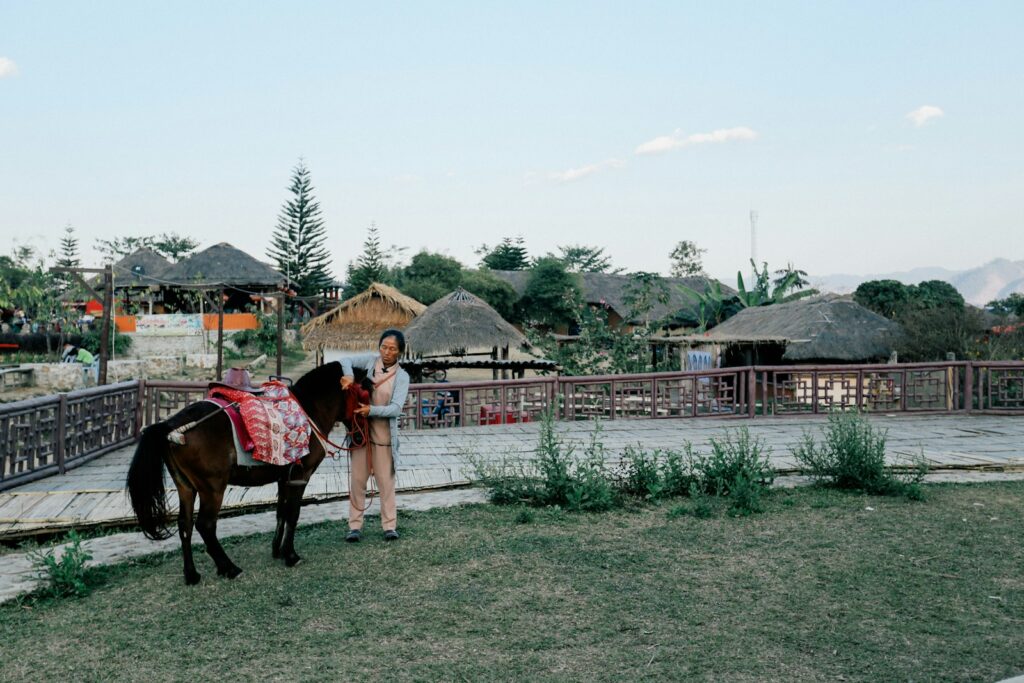
Many shy horses benefit tremendously from structured environmental exploration sessions without performance demands. Set aside regular sessions solely for allowing your horse to investigate new objects, spaces, and stimuli at their own pace. Create “confidence courses” with various novel objects arranged at comfortable distances, encouraging the horse to approach, investigate, and retreat as needed. This self-directed exploration builds crucial coping skills that carry over to other situations. The absence of pressure preserves the horse’s curiosity, which is often the first casualty of anxiety. Handlers report that shy horses given these opportunities not only become more environmentally confident but also develop stronger problem-solving abilities in regular training.
Mindful Energy Management for Handlers
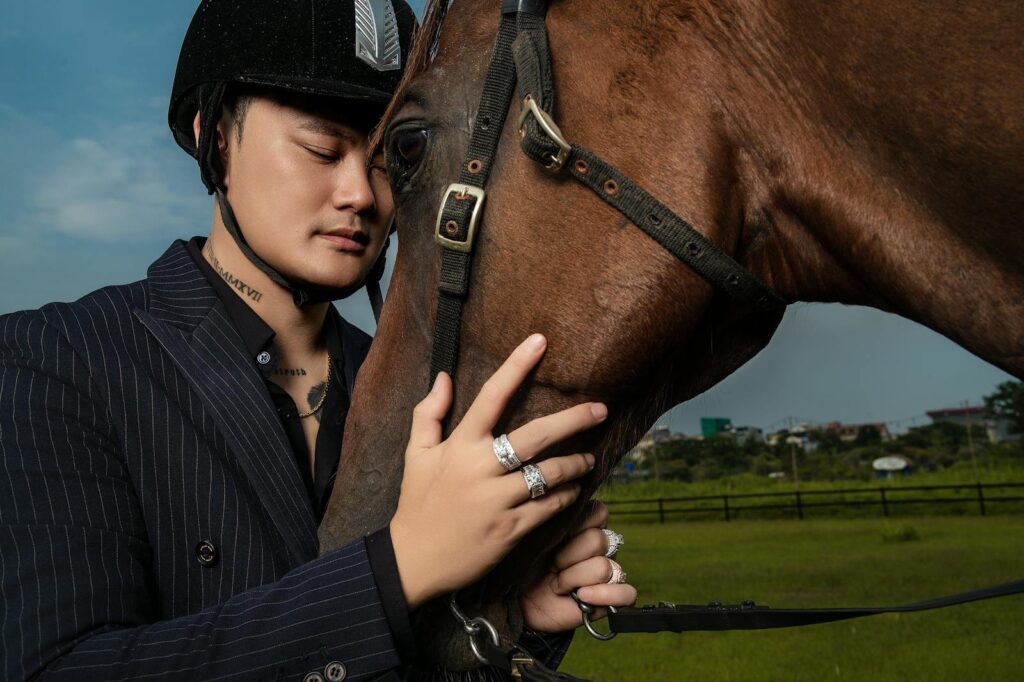
Introverted horses are often highly sensitive to the emotional and energetic state of their handlers, making trainer self-awareness a critical component. Practice deliberate management of your energy, breathing, and emotions during interactions with shy horses. Even subtle frustration or anxiety in the handler can transfer to the horse, undermining trust. Many professional trainers use centering routines—brief meditation, intentional breathing, or visualization—before working with particularly sensitive animals. Energy awareness should extend to physical movement: move slowly, deliberately, and predictably to avoid triggering defensive reactions. The consistent presentation of calm, confident energy provides a template that shy horses eventually learn to mirror.
Strategic Use of Protected Contact Training
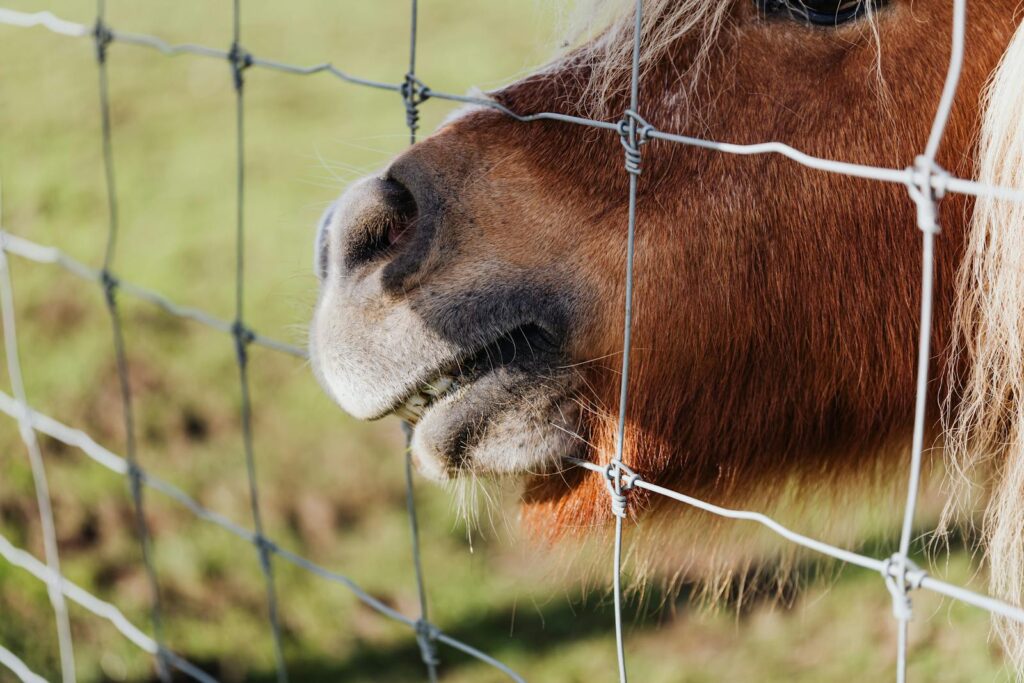
Protected contact training—where a barrier remains between horse and handler in early training—offers key advantages for extremely shy or previously traumatized horses. Stall guards, fences, or purpose-built barriers allow interaction while giving the horse control over proximity. This boundary creates psychological safety, encouraging engagement with training concepts before introducing full physical interaction. It’s especially valuable for horses that have developed defensive behaviors like striking or crowding. Progress from protected to direct contact should be dictated by the horse’s comfort, not arbitrary timelines. Some horses benefit from weeks or months of barrier work before hands-on training begins. Once trust is established, training often progresses rapidly.
The Critical Role of Recovery Periods
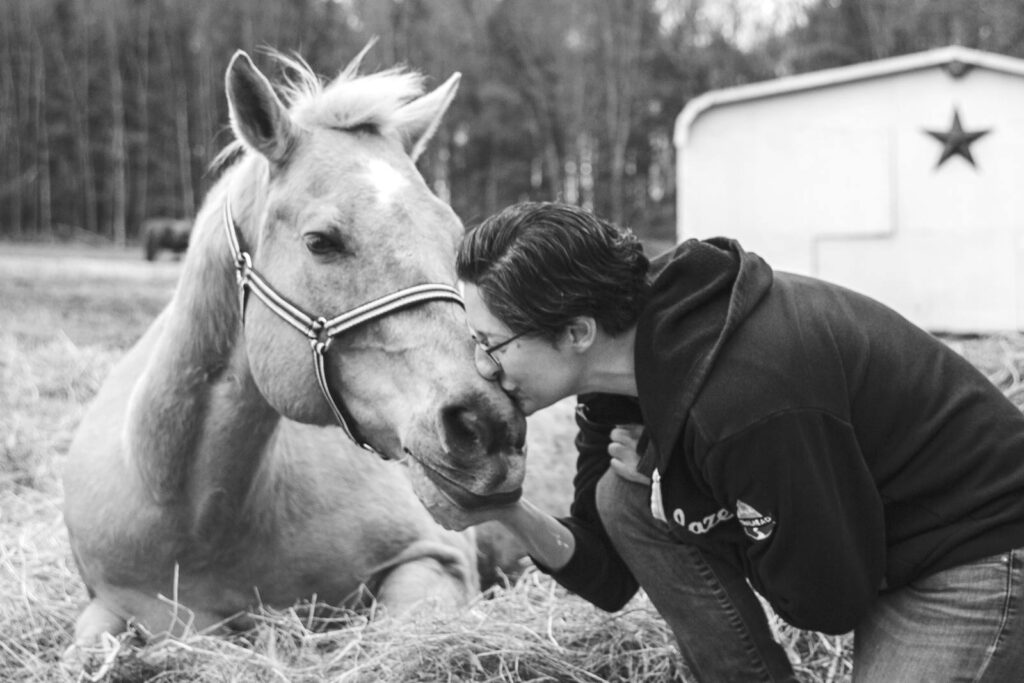
Introverted horses often process new experiences during quiet periods after training sessions, making thoughtful management of “downtime” as important as the active training itself. Schedule deliberate recovery periods after each training session, allowing the shy horse undemanding time to mentally integrate new learning. These recovery periods might include solitary turnout, quiet hand-grazing, or simply being left alone in a familiar environment. Research suggests that memory consolidation—the biological process of converting short-term learning into long-term memory—requires this mental processing time, which stress can disrupt. Shy horses who appear to “forget” previous lessons may actually be experiencing stress that interferes with this consolidation process. Trainers who respect the introverted horse’s need for mental processing time often report more consistent retention between sessions compared to intensive daily drilling approaches.
Addressing Setbacks Constructively
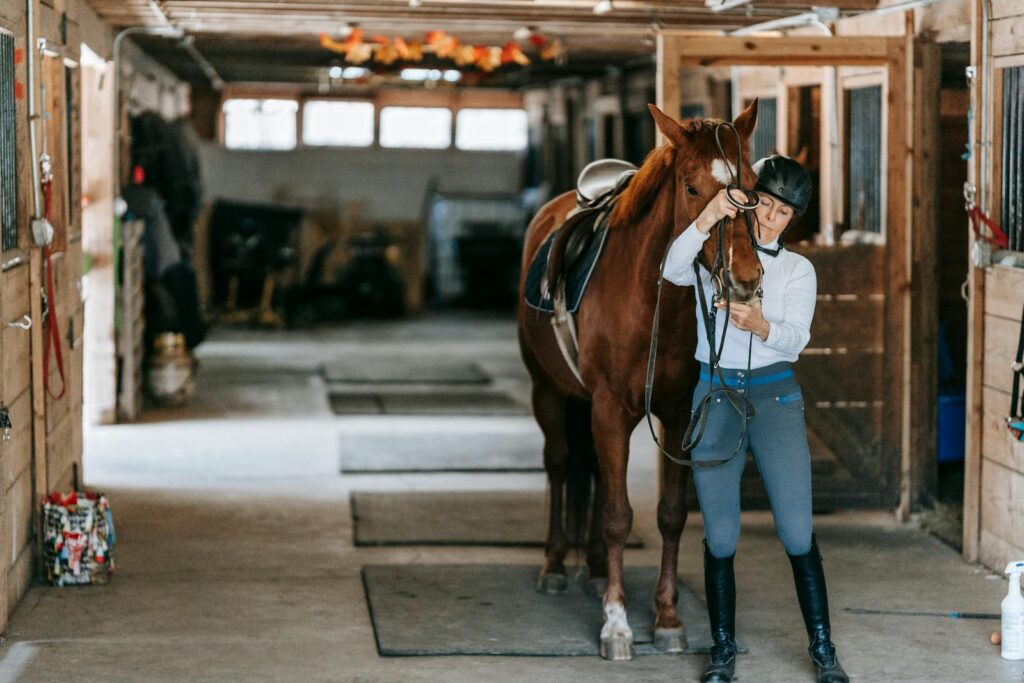
Even with the most thoughtful training approach, shy horses will inevitably experience setbacks that require sensitive handling. When regression occurs, resist the urge to interpret it as deliberate or to push through with increased pressure. Instead, temporarily reduce demands to rebuild confidence, returning to the last level where the horse demonstrated comfort and success. Analyze what might have triggered the setback—environmental factors, training progression that moved too quickly, or changes in routine can all impact sensitive equines disproportionately. Document these triggers and patterns to help prevent similar issues in the future. Many experienced trainers find that setbacks, when handled constructively, actually strengthen the relationship and provide valuable information about the individual horse’s unique sensitivity thresholds. The recovery process from setbacks offers opportunities to refine your understanding of your horse’s specific needs, ultimately creating a more tailored training approach.
Celebrating and Reinforcing Confidence Milestones
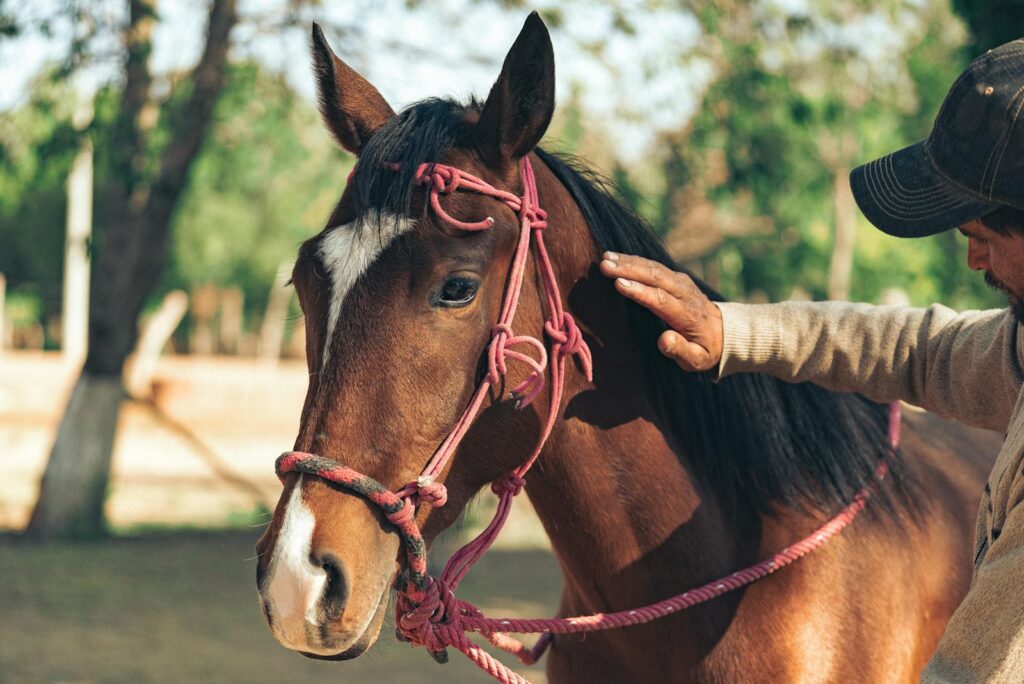
Progress with shy horses often occurs in subtle increments that can be easily overlooked without intentional recognition. Develop a system for identifying, celebrating, and reinforcing even minor confidence breakthroughs in your introverted equine partner. This might include keeping a training journal that documents specific moments of bravery, photographing accomplishments, or creating deliberate “confidence rituals” to mark progress. These celebrations serve multiple purposes—they train your own perception to notice positive changes, provide natural pause points to prevent pushing too far too fast, and create positive emotional memories associated with new accomplishments. Many handlers find that the deliberate recognition of these milestones actually accelerates progress, as both horse and human become more attuned to the subtle signs of growing confidence. Sharing these milestones with supportive friends or professionals can also provide valuable external validation during what can sometimes feel like slow progress.
Creating Lifelong Management Strategies

Even as shy horses grow in confidence, their fundamental temperament typically remains introverted, requiring ongoing management accommodations rather than expecting a complete personality transformation. Develop sustainable strategies that respect your horse’s natural temperament while allowing them to function successfully in necessary situations. This might include providing extra preparation time before stressful events, creating travel routines that include familiar elements, or developing coping strategies for unavoidable stressors like veterinary procedures. Many owners of successfully trained introverted horses maintain special protocols around introducing new handlers, scheduling extra time for adaptation to environmental changes, or providing higher levels of routine consistency than might be necessary for more extroverted equines. The most successful approaches recognize that managing introversion is a lifelong commitment rather than a training “problem” to be solved, allowing these sensitive horses to thrive while honoring their natural temperament.
For those committed to partnering with shy or introverted horses, the journey requires exceptional patience, observation skills, and emotional intelligence. These special equines offer profound rewards—their trust, when earned, tends to create unusually deep bonds characterized by mutual respect and sensitivity. The techniques outlined here provide a foundation for approaching these horses with the understanding they deserve, but each introverted horse will ultimately teach their handler unique lessons about communication, respect, and the value of quiet connection. By embracing these gentle souls on their own terms, we not only help them navigate a human world that often values boldness over thoughtfulness, but we also develop our own capacity for nuanced communication that benefits all our equine relationships.

